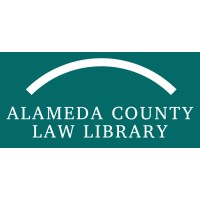
Markham Public Library
We are your public library providing everyone in the community the opportunity for success. We offer workshops, online courses and space to help job-seekers and aspiring entrepreneurs thrive. Our Makerspaces and Digital Media Labs across the system can help you with your creating, marketing and prototyping needs. Whether or not you're looking to tweak your résumé, get some 1-on-1 business advice or seeking networking opportunities, we're here for you. Explore and discover great resources at any of our eight branches or access our online resources 24/7!






